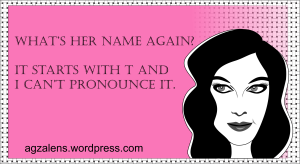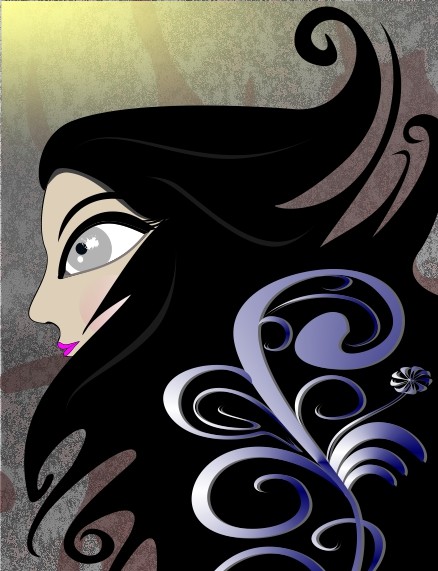This is the second installment in my Fiction Writing Series and it’s all about characters.
“He’s such a character.” A phrase people say to endear a quirky action by someone they like, and a wonderful way to understand what to include in our fictional characters. Readers need those attributes to inspire a fondness for the overall story, like the ugly duckling who turns into a swan. Many times when a reader anticipates the next scene he or she will skip the description and move to the dialog. The setting can wait while we find out what happens to the character.
Step Two:
 Character Development
Character Development
A book reviewer, who references the fictional character as if he or she is a real person, gives the biggest complement to an author. The author made the writing decisions, but the reader attributes those decisions to the character, and it shows how well-developed they are.
As writers we should look to other authors as motivation for those times the writing gets hard. We need to remember they are normal people just like us who struggled with their writing as well. I like to read or watch author interviews as a reminder and it seems to help me move forward with more confidence.
Reading is another great way to see what works in a character and why people love or hate them enough to recommend the book to other people.
Answer this question first:
What are your characters?
In most cases the answer is human, but there are other choices in fiction writing.
- Human
- Witch/Wizard
- Mythological character
- Werewolf
- Space alien
- Vampire
- New unique creature
Once you decide it becomes easier to decide their characteristics. For the non-human characters develop a list of characteristics that differ from humans. Their speech patterns, the way they walk, their interactions, and anything else you can think of to make them real.
Next, answer this question:
Who are they?
Each character will be identified by their everyday lives. An interesting plot puts some disruption into their normal routine and takes them forward into the story. Decide what each character does. Are they in school, or police officers, thieves, painters, ranchers, businessmen, fire fighters, serial killers, or any other profession you can image?
Once you know what they do every day it’s easier to keep track of their interactions with others, their speech patterns, and for world building.
Then, answer this question:
Where do they come from?
A wealthy character will react differently than an orphan. Someone who just went through a loss acts different from someone with no major losses. Every unique culture has differentiating opinions, taboos, norms, and motivations. The knowledge of a character’s background gives a writer what they need to make big decisions in a story.
Not every character needs a ton of details, but the main characters need that extra development. Also, when you have uncertainty about the actions or dialog you can go back to the background to make those choices.
Finally, answer this question:
What are the specifics?
This is where you decide the gender and names of your characters. With gender you have two options. However, the name choices are extensive. The internet and resource books make it a lot easier. You can go to baby name websites and search for definitions, first letters, nationality, or other criteria that will help you decide.
The one rule to remember in choosing a name: unique names are more difficult for readers to keep track of and remember. The more common or short the name the more likely the reader can relate to them and recall it when they review the book or tell friends about it.
In order to decide how your character will react in many situations you could fill out personality quizzes and answer the questions as your characters. Tons of websites offer quizzes from Facebook to teen magazines. Other avenues for questions are media interviews, Reddit’s AMA (ask me anything) with celebrities, or twitter ask hash tags. Just take the questions and answer from your character’s perspective.
Of course, the best way to develop a character is to incorporate personality traits from people you know. The exact replica isn’t necessary, but if you know how someone will react in life then you can decide how your character will respond in your story.
What are the best ways to develop interesting characters? Is it important to know about the character before you begin writing? How do you tackle this process?
I would love to discuss with you about this and I love to hear from you!
Thanks for reading my blog.
A.G. Zalens




